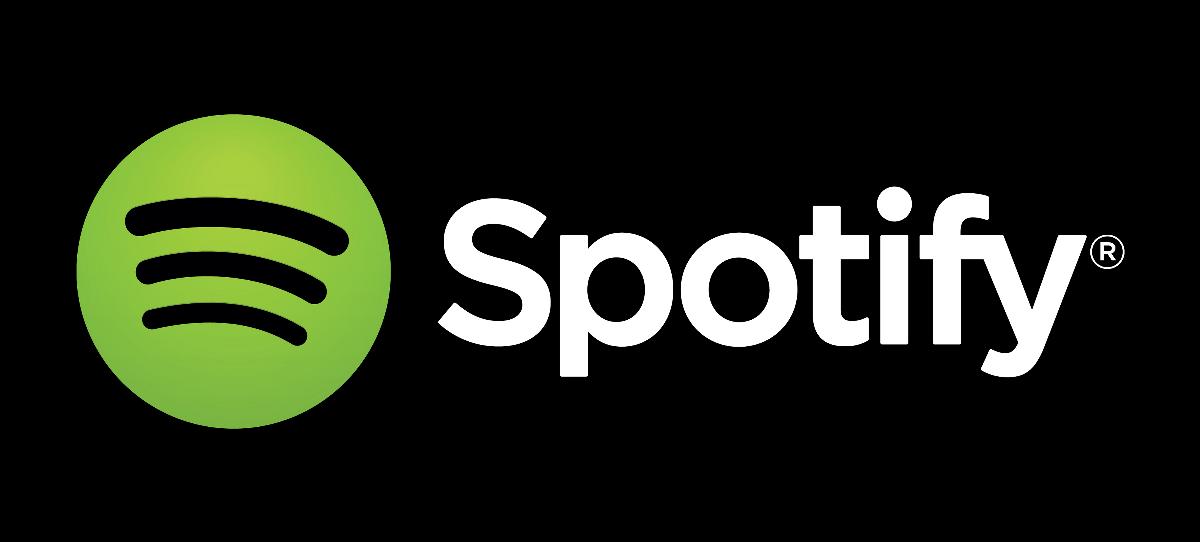
There was once a day and time where music fans proudly touted around their record collections to parties, showing off their carefully curated musical selections. My, how things have changed. Since the late 1990’s with the creation of Napster and other peer-to-peer file sharing sites, most music collections have become more and more digitally focused. However, many audiophiles still curate their digital music libraries. This is what is lost with Spotify.
CREATING OUR OWN MUSICAL IDENTITY
This all might sound like a waste of time, why would anyone care about curating a music library? Just dump in all the music you have ever come across since you were twelve years old. The problem with this logic is that music says so much about who we are as individuals. Music collections can become sonic autobiographies, each album representing a piece of the collector. Music nerds everywhere search years for obscure albums so they can display them for fellow nerds to see and start conversations about these little-known musicians and bands. Spotify completely destroys this. Because most people have Spotify on their phones, they have access to virtually all recorded music. Everyone pulls from the same library. We all have Taylor Swift’s latest single and The Smiths discography including every b-side and demo.
While it is nice to have easy access to this breadth of music on a long road trip, it leaves behind the idea of having a special piece of music that only a few other people have. Gone are the days of digging through bin after dusty bin at record stores in search of a specific album. It is much easier to whip out your iPhone, search for it on Spotify and stream it, never truly owning that piece of music.
LOSS OF AN EMOTIONAL CONNECTION
One of the biggest misconceptions sold to our society says that because something is convenient, it is better. Of course it is easier to stream music, instantly having our pick of nearly any song we could possibly want to listen to. But in that convenience, we lose the beauty of physical music collections. With this model, we will not be able to pull out a dusty copy of Lorde’s “Heroine” to play for our children one day as we relive our younger days. We will not be able to trade and borrow music with each other. We will not be able to learn about each other from a quick survey of a stack of CDs or vinyls. The album artwork, slaved over by a talented artist, has been traded for a low resolution grouping of pixels on a screen.
The point of all this is not to call out plebes who have yet to reach some hipster status of pretentiousness. I too am guilty of these crimes against humanity. This fact causes me to mourn for this generation and long for the past. Music swirls around us constantly, never ceasing. There are times where an emotional connection to music is hard to find, because millions of albums constantly vie for attention online.
The remedy to this problem is not to wipe Spotify of the face of the earth. It undoubtedly has its place. But it should not serve as the sole source of music for everyone. We should not throw out physical music and rely on the ones and zeroes of binary code to instantaneously bring our music to us from the cloud. Instead we should reflect back on the rich tradition of music collecting. Stop by a local record store, ask the employees what they are listening to and buy it. Ask your dad to pull out his old Stones records and put your phone down while you listen together. Let your music collection speak for you, and leave Spotify for car rides and dentist offices.







